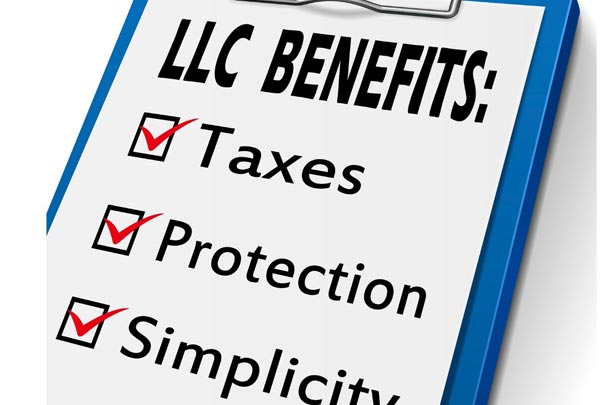Centralized Management and Transferability of Interests
Centralized Management
A business organization has centralized management when one or more persons have exclusive authority to manage its day-to-day conduct. The majority of Limited Liability Company’s lack of corporate characteristics of centralized management because most Limited Liability Company statutes in most states provide that members manage the company directly, and Limited Liability Companies that do not have separate managers lack the corporate characteristic of centralized management. But it some states it’s required that Limited Liability Companies have one or more managers to manage the company. If the operating agreement of a Limited Liability Company or articles of organization requires that each and every member be a manager, then in all likelihood the Limited Liability Company lacks corporate characteristics of centralized management. On the other hand, if members designate nonmembers to manage the company or designate member-managers who do not own a substantial portion of the Limited Liability Company’s membership interests, then the Limited Liability Company may possess the corporate characteristic of centralized management.
Transferability of Interests
A business form possesses free transferability of interests when one of its owners has the essential power to substitute someone else as a new owner of the business. For example, the majority of corporate shareholders may sell their shares freely thereby transferring their ownership interest to another person, without the consent of the other shareholders. But, a Limited Liability Company-member may not substitute another person as a new member unless the existing members agree to the substitution. Typically, in a Limited Liability Company, a member has the power only to assign his economic rights. Therefore, Limited Liability Company members lack the ability to freely transfer substantial amounts of their interest in the company.

Limited Liability Company
-
LLC shareholder or member
-
Why do we need LLC’s?
-
The businesses that benefit from LLCs
-
The basics of Limited Liability Companies (LLCs)
-
Articles of Organization for Limited Liability Companies
-
The advantages of Limited Liability Companies (LLCs)
-
The differences between Limited Liability Companies/Limited Partnerships and Corporations
- LLC’s Part One – History
-
Formation, Structure and Operating Agreement
-
Membership Interests and Member Contributions
-
Liability
-
Records, Books and Taxation
- LLC’s Part Six – Centralized Management and Transferability of Interests
-
Continuity of Life, Withdrawal of Members and Dissolution
- Delaware Series Limited Liability Company
- Kentucky closes loopholes in limited liability companies
- Frequently asked questions about Limited Liability Companies (LLCs) – Part One
- Frequently asked questions about Limited Liability Companies (LLCs) – Part Two
- Frequently asked questions about Limited Liability Companies (LLCs) – Part Three
- Advantages of a Limited Liability Company
- Advantages of a Limited Liability Company (LLC) over a Limited Partnership
- Advantages of a Limited Liability Company (LLC) over an S Corporation
- Facts about Limited Liability Companies (LLCs)
- More frequently asked questions about Limited Liability Companies – Part One
- More frequently asked questions about Limited Liability Companies – Part Two
- More frequently asked questions about Limited Liability Companies – Part Three
- More frequently asked questions about Limited Liability Companies – Part Four
- More frequently asked questions about Limited Liability Companies – Part Five
newsletter signup
[forminator_form id=”1485″]

FIGHTING BACK!
